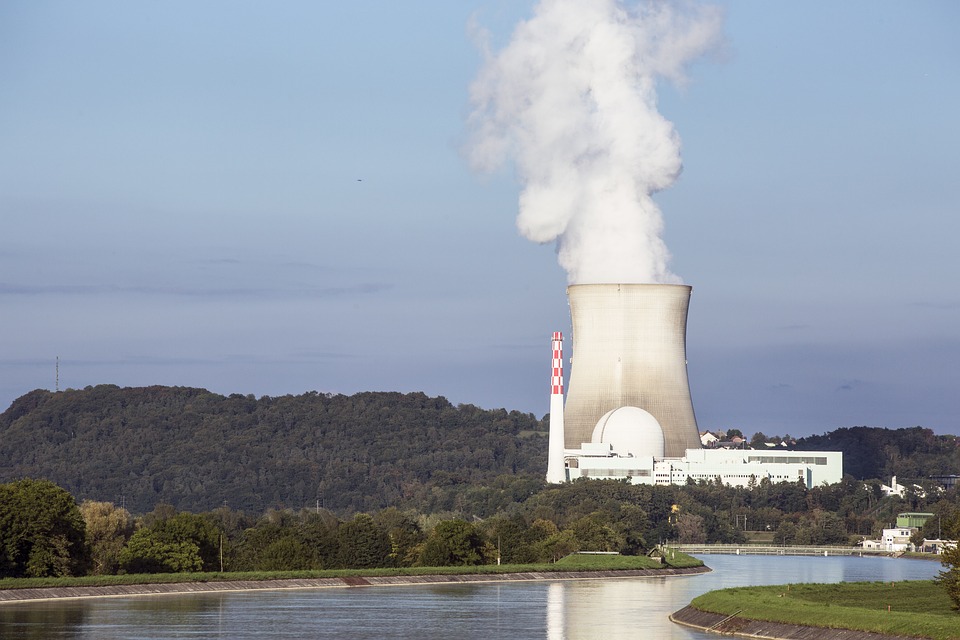However, an "eco-miracle" did not happen. A rapid transition to renewable sources is impossible. First of all, this is explained by the high cost of this process, and this would be too serious a blow to the German economy. Only from 2000 to 2015 the state spent about 150 billion euro on the development of infrastructure and subsequent implementation of renewable energy sources. And the figure could increase to 2 trillion euros by 2050 in order to achieve the goals of reducing CO2 emissions through renewable energy sources, as stated in the federal "Energy Concept-2050".
Moreover, in 1991 Germany introduced a special tariff, which compensates payment for the use of renewable energy, if the price is higher than market rates. It increased by about 1.5 times for consumers only from 2011 to 2017, and the fee for private users grew twice. Over the past 20 years, about 80 million Germans have paid more than 2 thousand euro of taxes each only to finance the energy rate of the state. As a consequence, the indicator of renewable energy in the state is still quite low.
Realizing the economic difficulties in the way of the gradual introduction of RES into the German energy sector, the country, albeit on an interim basis, has returned to less expensive thermal power plants, primarily to coal.
In 2018, Germany plans to put into operation another fateful decision - to close its own mines for the extraction of hard coal. However, this is due not only to environmental reforms, but also to unprofitable nature of the process of coal mining within the state. At the same time, the country is still buying the coal abroad, although the process of reducing the share of used coal is still going more intensively in comparison with brown coal.
Germany cannot abandon its "carbon-dependence", its chances of fulfilling commitments within the framework of the European program "20-20-20" will significantly decrease. Germany should reduce CO2 emissions by 20% by 2020 in relation to European requirements by 2020, and by 40% within the framework of the federal "Concept-2050". To date, Germany's performance is only approaching the 30% mark, which entails fears about the state's inability to meet both European and domestic goals by 2020.
In addition, the final energy consumption from renewable energy should reach 20%. Although Germany is going quite intensively, its success against the general background is much lower than the average, and is still far from such leaders as, for example, Sweden.
In addition, the total rejection of nuclear energy in Germany will total about 1.7 trillion euro by 2030, that is, approximately 50% of the country's annual GDP. The estimate is based on forecasts for the growth of electricity prices, as well as an analysis of costs for development of tnecessary infrastructure for the transition to RES.
Thus, since Germany has not yet been able to completely abandon coal in favor of renewable energy, the question of such a rapid departure from nuclear energy is quite reasonable. The state is now in a difficult position to fulfill its obligations to reduce emissions, and is exposing the environment to additional harmful effects.
source: dw.de
Moreover, in 1991 Germany introduced a special tariff, which compensates payment for the use of renewable energy, if the price is higher than market rates. It increased by about 1.5 times for consumers only from 2011 to 2017, and the fee for private users grew twice. Over the past 20 years, about 80 million Germans have paid more than 2 thousand euro of taxes each only to finance the energy rate of the state. As a consequence, the indicator of renewable energy in the state is still quite low.
Realizing the economic difficulties in the way of the gradual introduction of RES into the German energy sector, the country, albeit on an interim basis, has returned to less expensive thermal power plants, primarily to coal.
In 2018, Germany plans to put into operation another fateful decision - to close its own mines for the extraction of hard coal. However, this is due not only to environmental reforms, but also to unprofitable nature of the process of coal mining within the state. At the same time, the country is still buying the coal abroad, although the process of reducing the share of used coal is still going more intensively in comparison with brown coal.
Germany cannot abandon its "carbon-dependence", its chances of fulfilling commitments within the framework of the European program "20-20-20" will significantly decrease. Germany should reduce CO2 emissions by 20% by 2020 in relation to European requirements by 2020, and by 40% within the framework of the federal "Concept-2050". To date, Germany's performance is only approaching the 30% mark, which entails fears about the state's inability to meet both European and domestic goals by 2020.
In addition, the final energy consumption from renewable energy should reach 20%. Although Germany is going quite intensively, its success against the general background is much lower than the average, and is still far from such leaders as, for example, Sweden.
In addition, the total rejection of nuclear energy in Germany will total about 1.7 trillion euro by 2030, that is, approximately 50% of the country's annual GDP. The estimate is based on forecasts for the growth of electricity prices, as well as an analysis of costs for development of tnecessary infrastructure for the transition to RES.
Thus, since Germany has not yet been able to completely abandon coal in favor of renewable energy, the question of such a rapid departure from nuclear energy is quite reasonable. The state is now in a difficult position to fulfill its obligations to reduce emissions, and is exposing the environment to additional harmful effects.
source: dw.de





